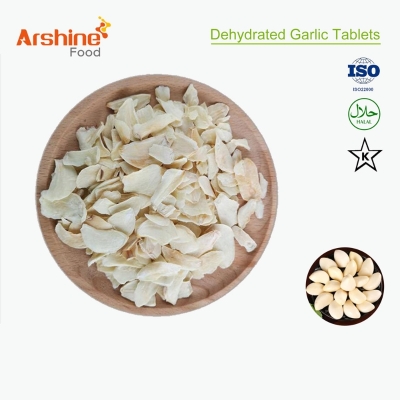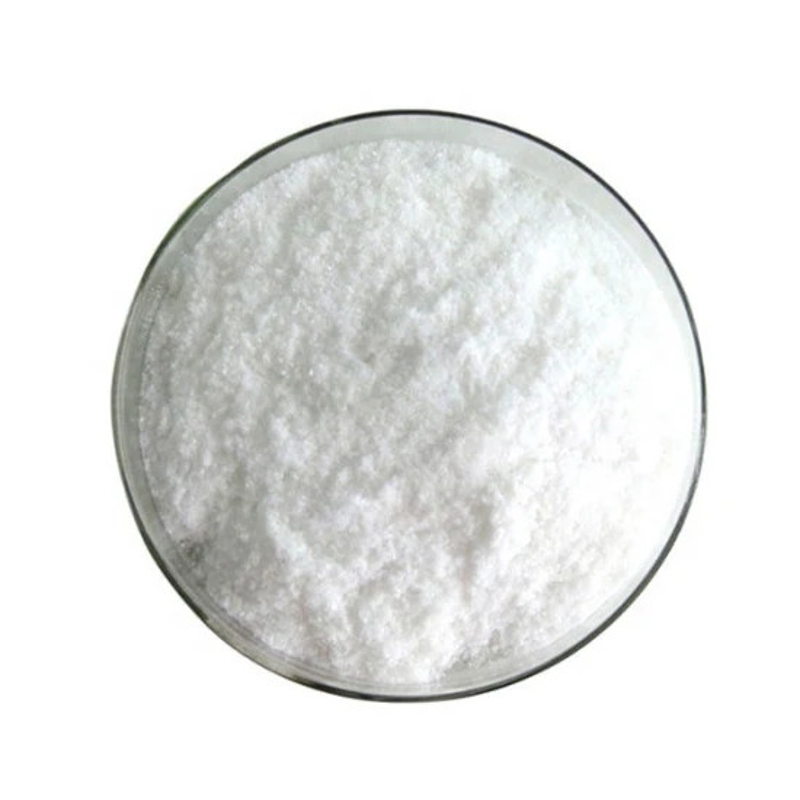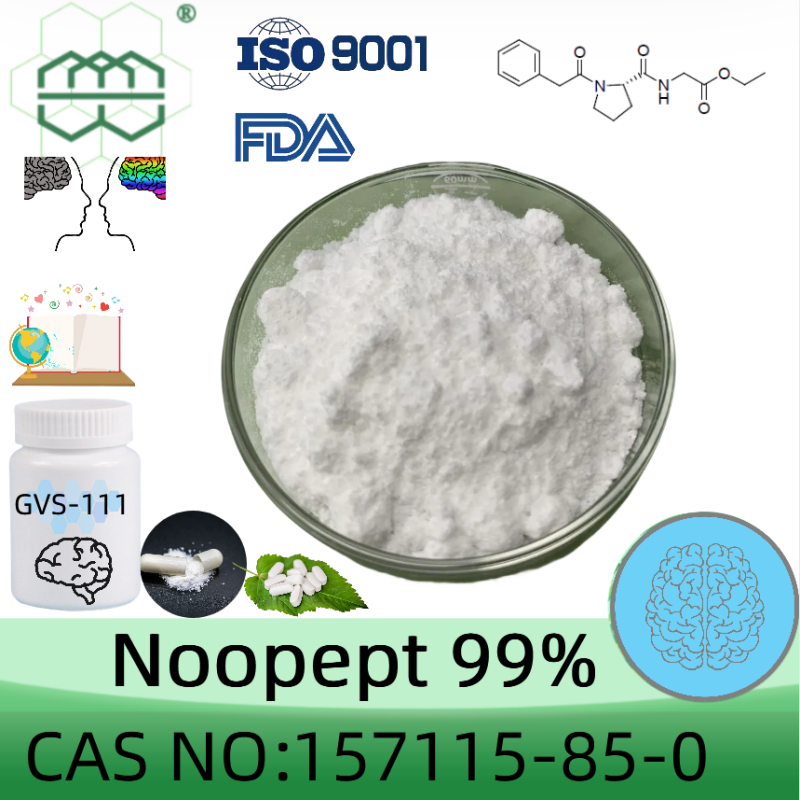-
Categories
-
Pharmaceutical Intermediates
-
Active Pharmaceutical Ingredients
-
Food Additives
- Industrial Coatings
- Agrochemicals
- Dyes and Pigments
- Surfactant
- Flavors and Fragrances
- Chemical Reagents
- Catalyst and Auxiliary
- Natural Products
- Inorganic Chemistry
-
Organic Chemistry
-
Biochemical Engineering
- Analytical Chemistry
-
Cosmetic Ingredient
- Water Treatment Chemical
-
Pharmaceutical Intermediates
Promotion
ECHEMI Mall
Wholesale
Weekly Price
Exhibition
News
-
Trade Service
On August 2, because the domestic cost of ice cream materials was much lower than that of foreign countries, Menglong was questioned that there was a double-standard phenomenon in the use of raw materials, and this topic appeared on Weibo hot search
Double-standard high-priced multinational brands
"The chocolate outside of Menglong is the same as the cocoa butter from Belgium; but the domestic version of ice cream uses a large proportion of vegetable oil (without hydrogenation process) and a small amount of milk powder, while the dream produced in Europe is made of cocoa butter.
In response to questions from netizens, Menglong MAGNUM's official Weibo responded that according to the definition of ice cream in "Frozen Drink Ice Cream" (GB/T 31114-2014), Menglong's products belong to one of the categories - combined non-dairy ice cream, here "" "Natural fat" refers to the use of vegetable fats in ice cream, not the use of non-dairy creamer in ice cream
Judging from the response, Menglong MAGNUM's official micro statement admitted that the domestic ice cream raw material is vegetable oil rather than milk, which is also considered by netizens to confirm the double standard of Chinese and foreign product raw materials
Zeng Xiwen, global vice president of Unilever, the parent company of Menglong and president of public affairs in North Asia, responded that there is no so-called double standard in Menglong products
Regarding the cost of raw materials, Zeng Xiwen responded that the products sold by Menglong in China all use imported coconut oil
Non-fat ice cream may not have food safety risks
Regarding Menglong's use of vegetable oils, some netizens mentioned safety issues
According to the current ice cream national standard "Frozen Beverage Ice Cream" (GB/T 31114-2014), ice cream is divided into three categories: full cream ice cream, half cream ice cream and non-fat ice cream.
"National regulations allow the coexistence of dairy ice cream and non-fat ice cream.
"Vegetable oil generally refers to any vegetable oil, such as olive oil, soybean oil, corn oil, etc.
Yun Wuxin, a food engineering doctor, pointed out that whether it is milk fat or non-dairy fat, it can help ice cream to form a soft taste, and the difference is mainly in taste, physicochemical properties and cost
In terms of cost, Zhong Kai, director of Yunwuxin and Kexin Food and Health Information Exchange Center, said that, in general, the cost of non-dairy fat is lower than that of milk fat
However, the above ice cream practitioners pointed out that this situation is not absolute
So, from a nutritional standpoint, what is the difference between non-fat ice cream and cream ice cream? Zhong Kai pointed out that compared with cream ice cream, non-fat ice cream is not unhealthy or of lower quality, and the nutritional content of the two types of products is similar
Foreign brands should face up to the needs of the Chinese market
After the outbreak of public opinion, many netizens said, "Actually, we can accept the use of non-dairy fat instead of milk fat, but we must consume it clearly and don't deceive us
Some people in the market believe that from the perspective of consumers, if the brand keeps a low profile on the specific formula in daily publicity, consumers often ignore the prompt of the formula table when choosing because of its high-end image, and it is difficult for ordinary consumers to pay attention to it.
Song Qinghui, a well-known economist, believes that from the perspective of the industry, the different ingredients used in Menglong's Chinese and foreign versions may be suspected of double standards.
After all, lowering the standards can bring more lucrative profits
.
In this regard, Song Liang, a senior analyst in the dairy industry, analyzed that according to the price of raw milk in China, the cost price difference between general animal fats and vegetable fats is about 4-5 times
.
Considering that there will be additives such as flavors in the product, the comprehensive cost of producing Menglong products with vegetable oils and fats as raw materials is about 1/4 to 1/3 of animal fats
.
"From the perspective of ice cream, the best product is to use milk, because it tastes sweet, silky and nutritious
.
Our country used to produce less milk and imported milk powder was cheap, so some of the first low-end ice creams were made with milk powder
.
"
Chinese food industry analyst Zhu Danpeng said frankly that the existence of double standards in Chinese and foreign markets does exist and is relatively common
.
"While we are concerned about the differences between domestic and foreign products, we also need to pay attention to their production standards, product prices, etc.
Different countries have different standards and requirements, formulas will be different, and the price of products will also affect the quality of product raw materials
.
We can mainly check whether the product's label is compliant, if the ingredient list does not state it, it is a form of fraudulent consumer behavior
.
" Zhu Danpeng said that in recent years, more and more Chinese consumers have learned to read the ingredient list.
, "When you look at the ingredient list, the product has nothing to hide
.
"
Industry insiders said that the implementation of Chinese and foreign double standards for foreign brands is obviously unfair to consumers, and China should say no to double standards
.
In essence, behind the double standard means that what consumers get is disproportionate to the cost they pay.
In the long run, the market will inevitably "vote with their feet" and give a strong response
.
(Comprehensive arrangement by Han Songyan)
"China Food News" (03 edition on August 6, 2021)
(Editor-in-charge: Han Songyan)







